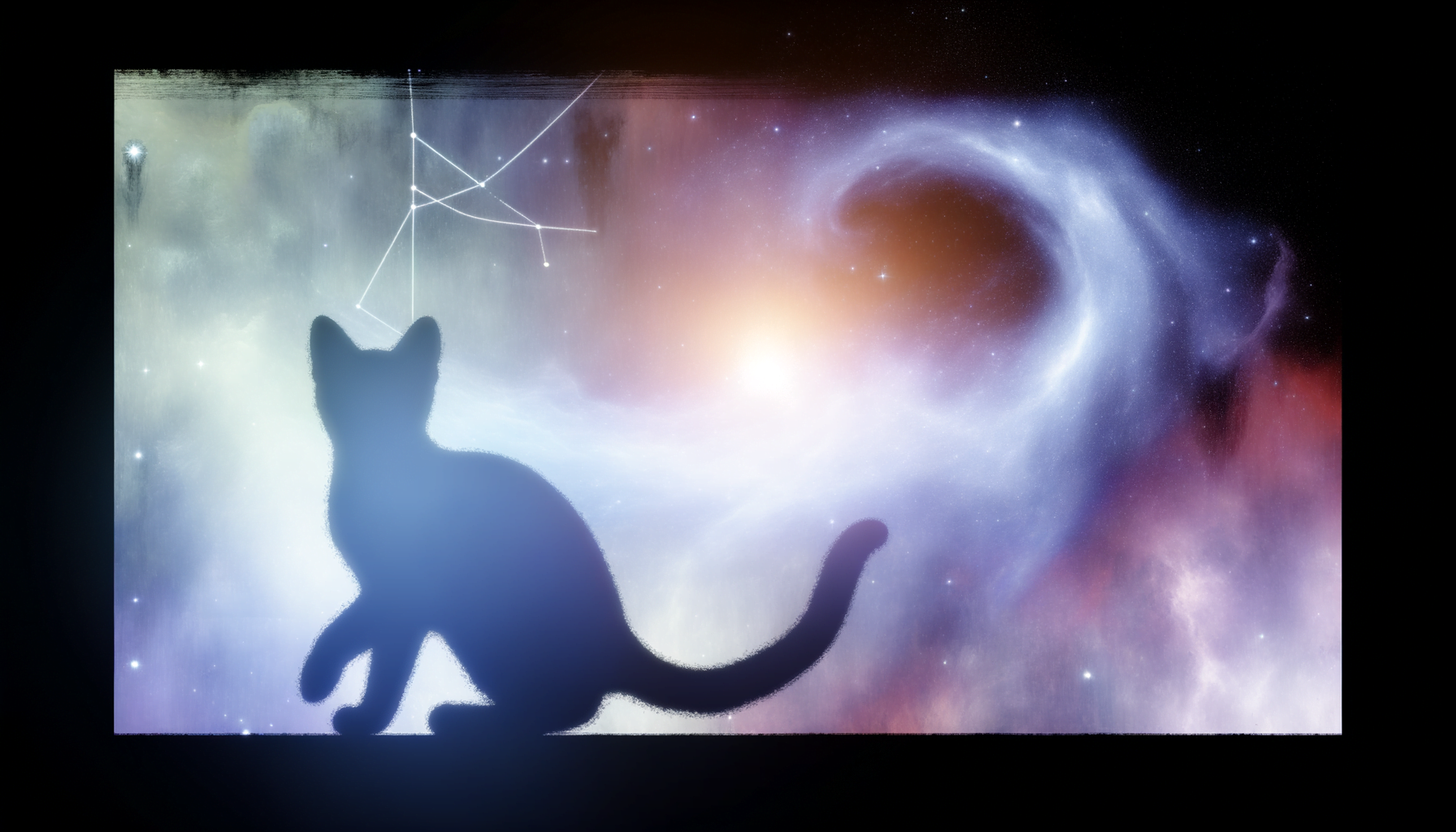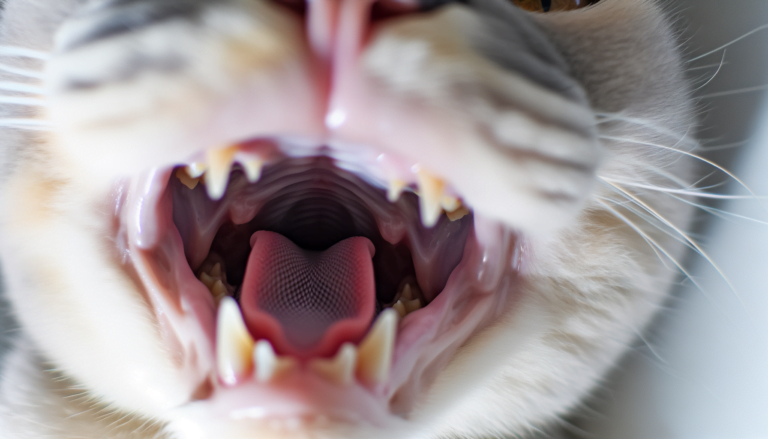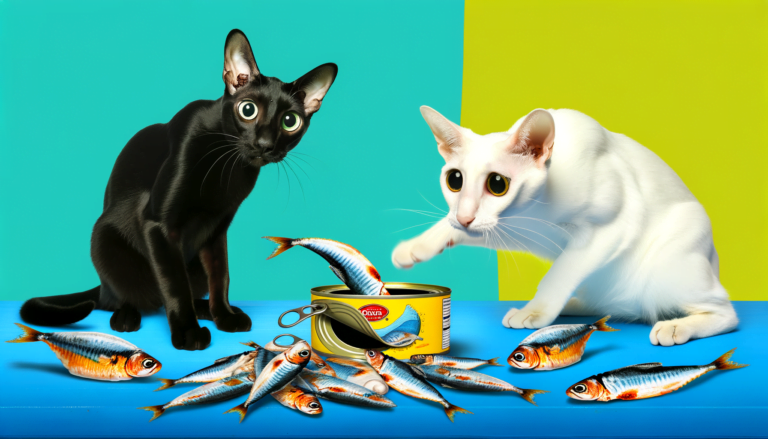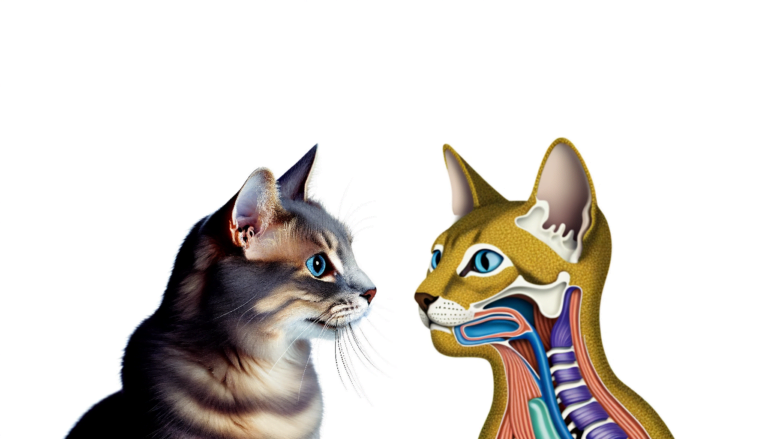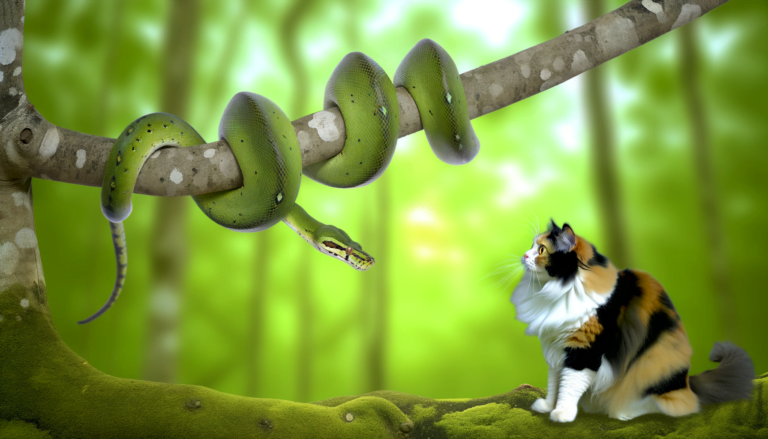Unveiling the Mystic: Do Cats Possess Souls?
The question of whether cats have souls is more of a philosophical or spiritual enquiry rather than a factual one, as the concept of a soul isn’t objectively verifiable. It’s worth noting that different cultures, religions, and philosophical systems have varied interpretations of what constitutes a soul and whether or not animals like cats possess them. Some believe in the existence of animal souls, attributing emotional depth and spiritual significance to our feline companions. Others adhere to a more materialistic worldview where souls are exclusive to humans, or don’t exist at all. Thus, the notion of a cat having a soul generally depends on individual beliefs and cultural background.
Understanding the Concept of Soul in Various Cultures

The concept of soul differs greatly among various cultures, playing a pivotal role in many religious and philosophical systems worldwide. In the western traditions, the soul is often referred to as the immortal essence of a living being. On the other hand, some eastern perspectives often describe it as Atman, the inner self or the spiritual essence of an individual, encompassing not only humans but also animals, including cats.
In contrast, the African Yoruba people foster a unique perspective, recognizing multiple aspects of a being’s soul, specifically distinguishing between the soul that gives life and the spiritual essence that defines character and destiny. Similarly, Native American beliefs emphasize the interconnectedness of all life, attributing a spirit, akin to a soul, to all living creatures, granting the same spiritual significance to animals as to humans.
While the interpretation of the soul differs, it often embodies the essence of life and consciousness, deemed sacred and immortal. Understanding these multifold interpretations provides a broader framework when we explore the question, do our feline companions, indeed, possess souls? This cultural diversity in comprehending the soul’s concept may aid in unfolding the mysticism surrounding the essence of a cat’s existence.
Do Animals Have Souls? A Philosophical Perspective
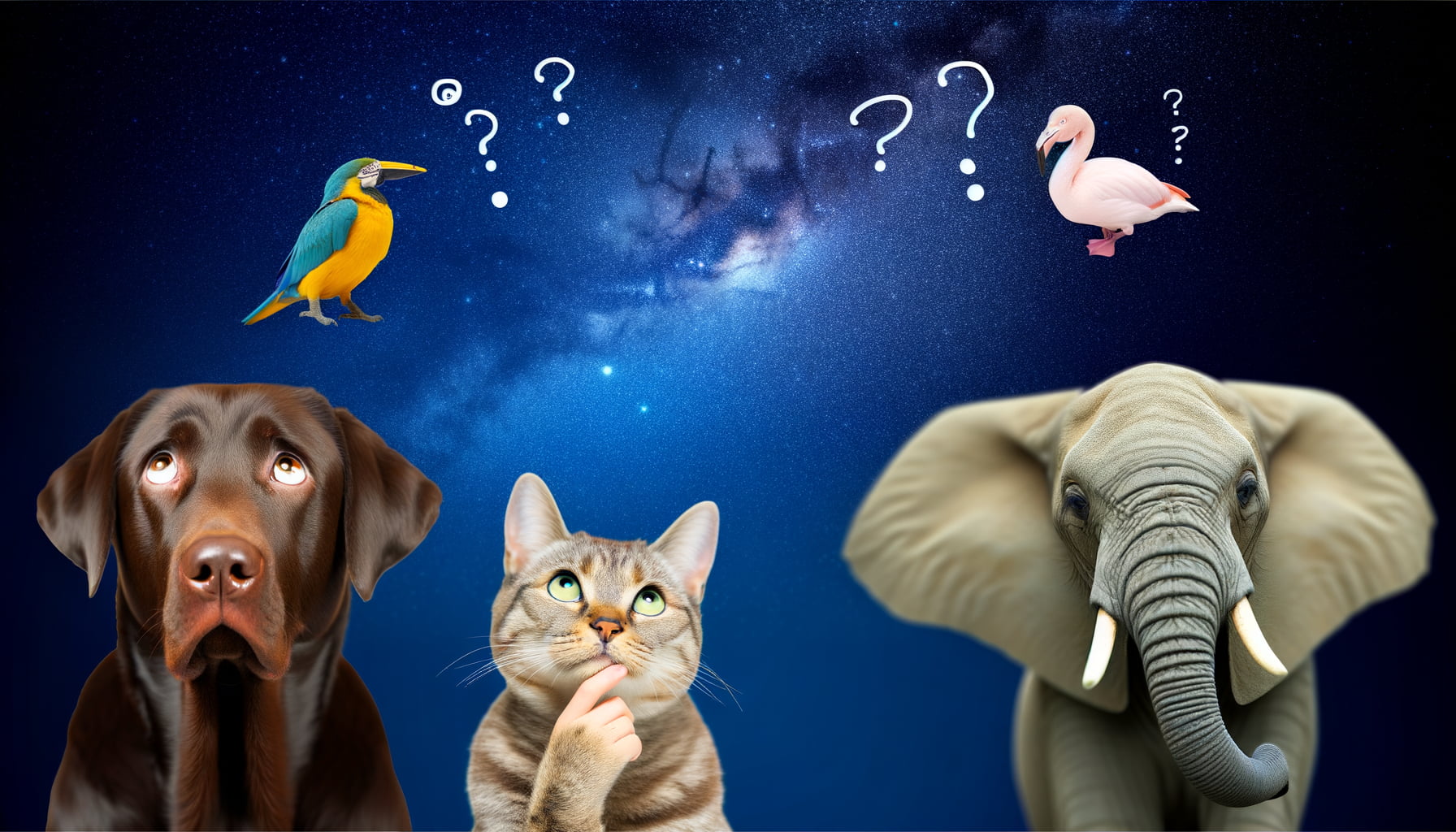
Dedicated scholars have long grappled with the question, “Do animals have souls?” Adopting a philosophical perspective broadens our discussion, offering deeper, more enigmatic insights that continue to both enchant and confound. Philosophy itself is a study of fundamental or general questions, many of which fall into the spiritual or metaphysical realm. When we endeavor to ascertain whether cats, or any animals, possess souls, we delve into this philosophical pursuit.
Historically, many philosophers, such as René Descartes, dismissed the possibility of animals having souls, viewing them as beings incapable of experience or emotion. But contemporary philosophers often disagree, arguing that animals, particularly those closely related to humans, indeed possess a form of consciousness. Taking this view, animals are not merely automata, but consciousness expressed in a different form. Integral to this argument is the recognition of the complex emotional world cats and other animals inhabit, highlighted by their capacity for pain, pleasure, fear, or even love.
Others postulate that the question itself might be flawed. Given that soul is a largely unquantified and abstract concept, it might be more fruitful to explore the consciousness or awareness of these creatures than to speculate about their possession of a spiritual ‘soul.’ Is there an inner experience, a sense of self, or a
The Biological and Psychological Aspects of a Cat’s Behavior
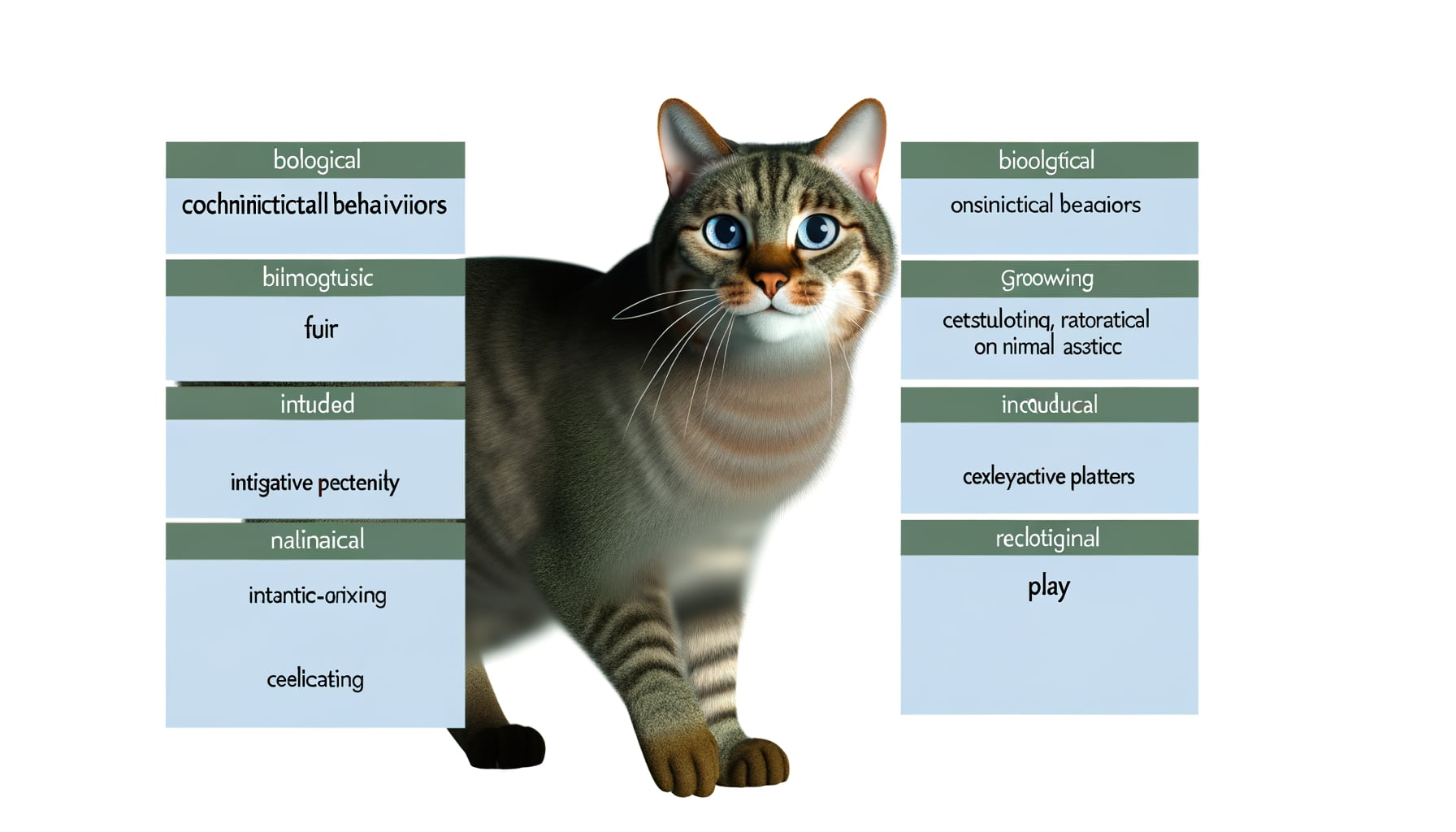
When exploring the biological and psychological aspects of a cat’s behavior, one enters an intriguing world of innate instincts, emotional responses, and sophisticated social systems. Cats, often perceived as solitary creatures, actually display complex behaviors of bonding, territoriality, hunting, and play. They even have a language of their own, expressed through an array of vocalizations, body postures, and facial expressions.
Biologically, cats are exquisitely designed predators. They possess a keen sense of hearing, sharp retractable claws for the kill, and a flexible body for agile pursuits. Simultaneously, they maintain an excellent balance through a well-developed vestibular apparatus. Furthermore, their vertical slit pupils provide superior night vision, a trait essential for their primarily nocturnal hunting lifestyle.
Psychologically, cats exhibit distinct routines and behaviors that hint at a deeper cognition level. They are highly sensitive to their environment and react accordingly, displaying a spectrum of emotions such as fear, affection, stress, and contentment. They can form strong bonds with their human companions, even exhibiting signs of separation anxiety when apart. This intricate dance of biology and psychology indeed makes the behavior of cats an enticing subject to delve into – on the threshold of the sublime question, do these intelligent creatures possess souls?
Exploring Theories, Beliefs and Indigenous Views on Cats’ Souls
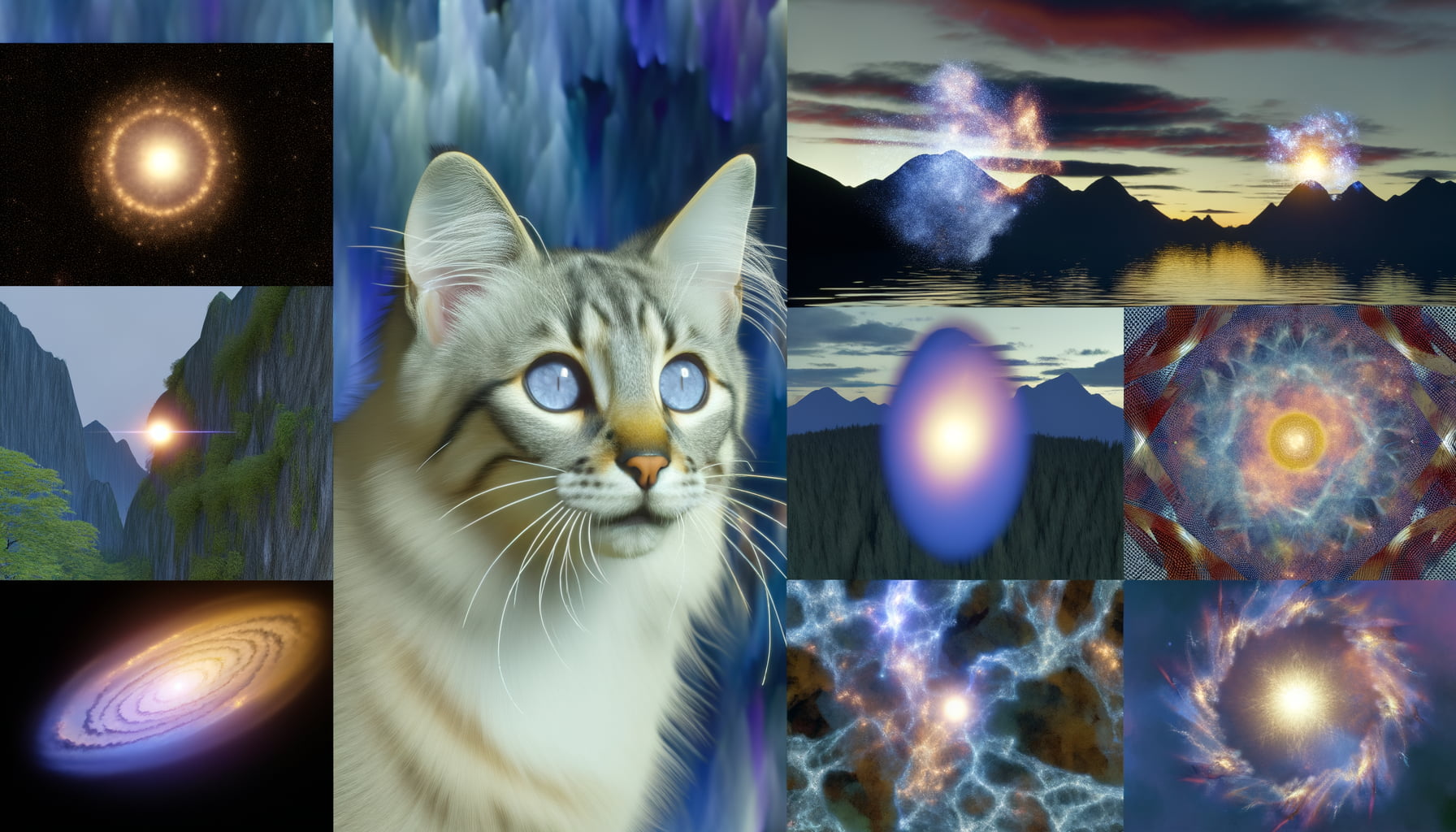
In approaching the discussion on cats’ souls, one must acknowledge the diverse beliefs that arise from different corners of the world. Indigenous communities, in particular, have rich traditions related to the spiritual realm of animals. Many of these cultures view cats as spiritual guides or carriers of souls, transformative entities that bridge the human and supernatural worlds. These views should be respected and taken into account when exploring this nebulous subject, given their depth and historical roots.
Theories on cat souls also abound in academic circles. There are variations in terms of specifics, but consensus often leans towards a broad understanding that cats, like other animals, possess a form of consciousness or life force. This understanding, although not necessarily indicating the presence of a soul per se, recognizes the complexity of feline cognitive and emotional processes, a topic requiring further scientific probing.
It’s equally significant to address contrasting beliefs, like certain Western theological stances, which hold that animals, cats included, do not possess souls. The rationale underpinning these beliefs stems from the perspective that souls are unique to humans. Balancing these conflicting views helps us navigate the larger discourse surrounding animal spirituality, leading us towards a broader, more nuanced understanding of the subject.
Conclusion
As we delve into the mystical nature of feline companions, the question of whether cats possess souls continues to intrigue and baffle us. Through our collections of anecdotes, stories, and experiences, we catch glimpses of their enigmatic spirits that seem to transcend mere physical existence.
Despite the elusive nature of the soul, the undeniable bond we share with our feline friends speaks to a deeper connection that goes beyond mere logic or science. As we continue to unravel the mysteries of these enigmatic creatures, perhaps it is in their very essence that we find the true magic of their souls.
